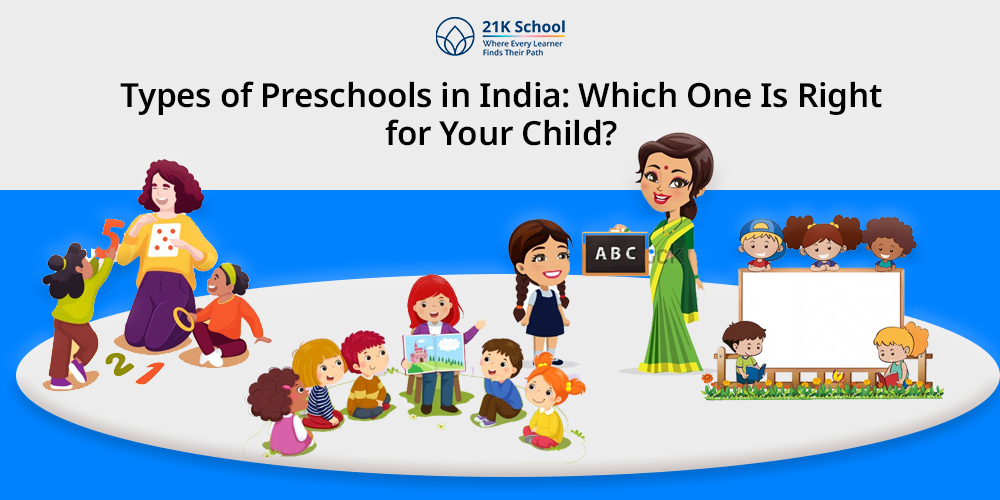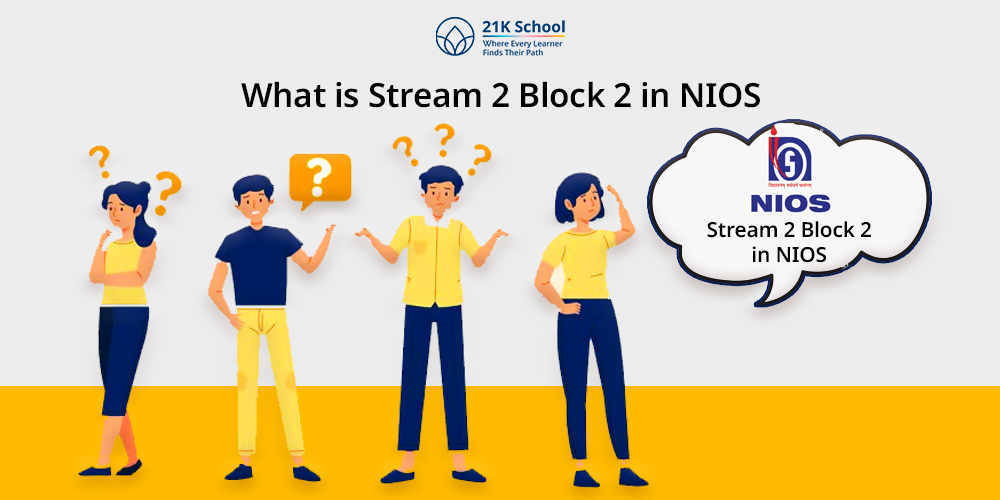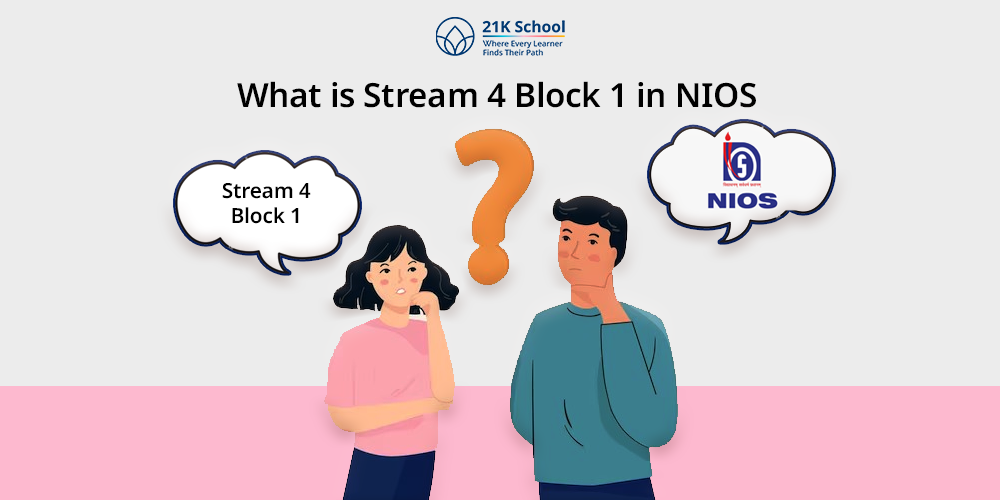Latest News, Tips, Guides About Educations
Find your path. With 21K School, an Online School
10 Types of Preschools in India: Which One Is Right for Your Child?
Do you know why Preschools are getting popular in India? Preschools are getting popular in India because of their growing… Read More
Last updated on: 02 Jul, 2025
On-Demand Examination System: Flexible Testing for Modern Learners
Have you ever thought about why an on-demand examination system is more credible? The On-Demand examination system is an assessment… Read More
Open and Distance Learning Difference: A Detailed Comparison
Do you know how open and distance learning are different concepts? Open and distance learning is an educational system that… Read More
What is Stream 2 Block 2 in NIOS?
Four streams and two blocks make up the independent NIOS board of the public education system. These streams are separated… Read More
10 Reasons Why You Should Choose NIOS For Your Child
Every child learns differently. Some thrive in traditional classrooms, while others need a more flexible and adaptable system. In India,… Read More
12 Importance of Preschool Education Every Parent Should Know
Childhood years are said to be the most critical years of life. As a matter of fact, almost 90 percent… Read More
What is Stream 4 Block 1 in NIOS?
Four streams and two blocks make up the independent NIOS board of the public education system. These streams are separated… Read More
Benefits of Technology in Education: 12 Reasons It Improves Learning
In the 21st century, education and learning has evolved with rapid growth. The usage of technology has come into a… Read More
How to Engage Students in Online Learning- Top 5 Strategies
Online learning has become a trend and the need of the hour. Without being physically present, students can get enrolled… Read More
How to Study for Exams Effectively- 12 Effective Tips
No one likes to give exams, but everybody has to go through the exam days in their life. Students are… Read More







